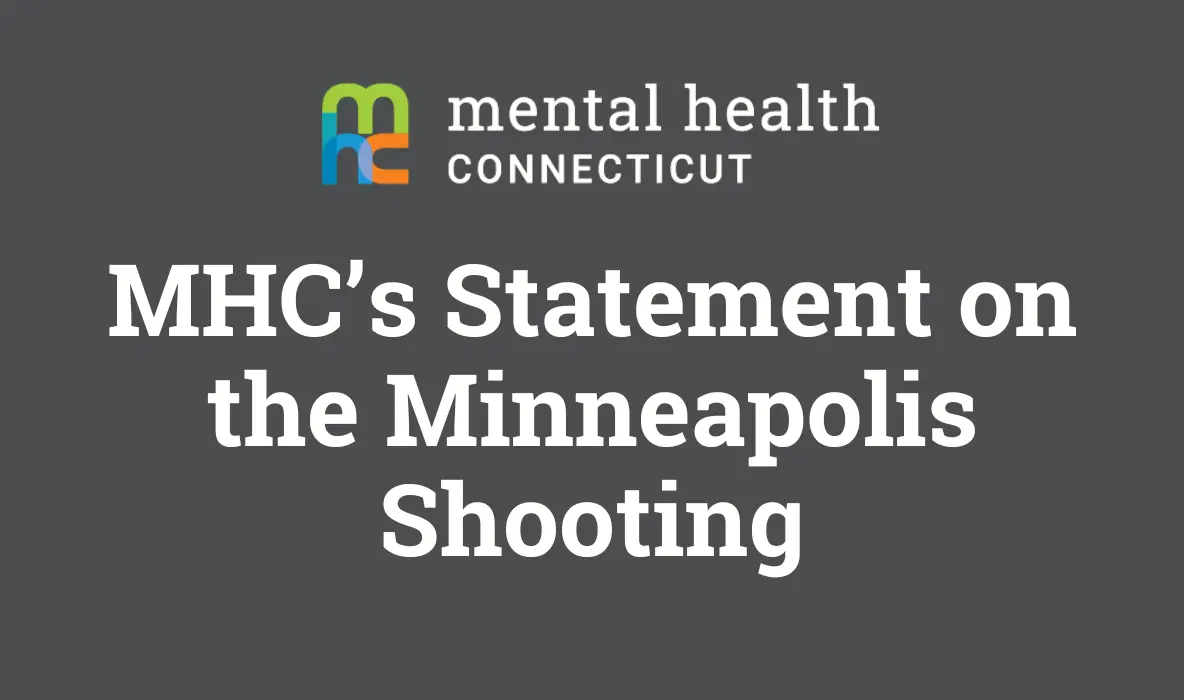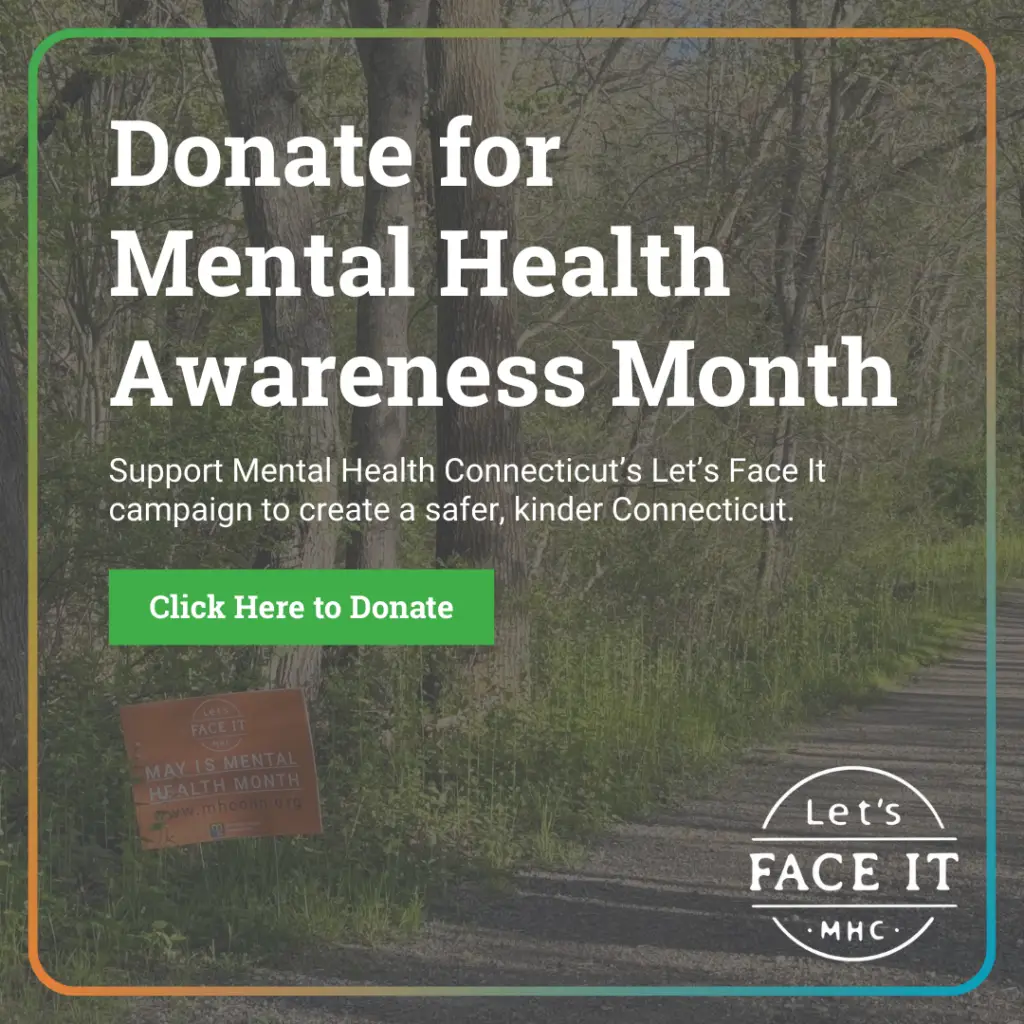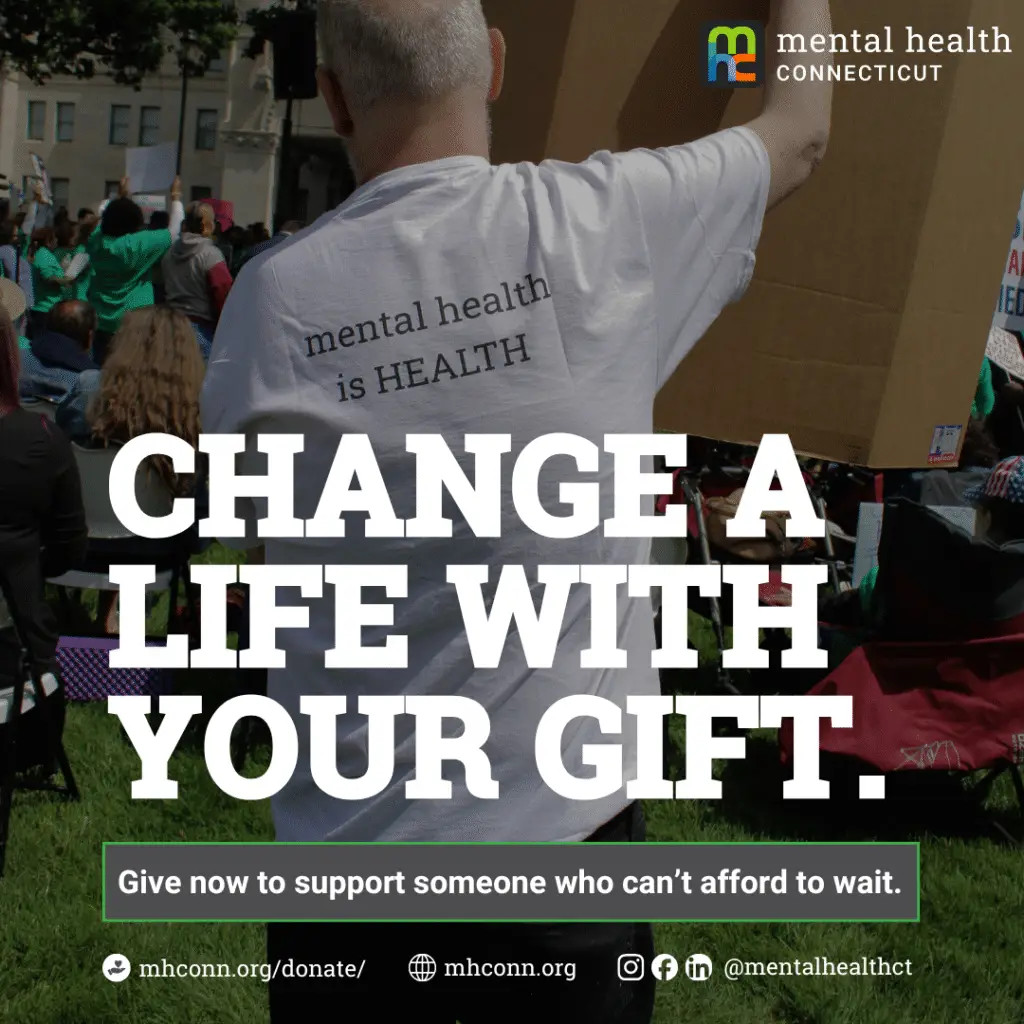Upon hearing of the tragic mass shooting yesterday at Annunciation Catholic School in Minneapolis, our hearts are with the two young children whose lives were taken, the 20 others injured, and the survivors, friends, families, and community members now facing unimaginable loss and grief.
The immediate victims sit at the center of this tragedy, but we know that trauma extends far beyond. It touches classmates, teachers, first responders, extended families, neighbors, and even those who will carry this memory with them in the years to come. Research has shown that the mental health consequences of mass shootings are deep and long-lasting. Survivors and witnesses often experience heightened rates of depression, anxiety, and post-traumatic stress, while even those not directly involved may struggle with increased fear, worry, and a diminished sense of safety. The impact of a tragedy of this magnitude reverberates throughout our nation, impacting all of us.
Healing requires more than an immediate crisis response. It calls for ongoing access to trauma-informed mental health services, school- and community-based supports, and spaces where people can gather to grieve, share, and rebuild a sense of safety together. We must also recognize that the individual responsible for this tragedy may have been struggling with unmet mental health needs. Strengthening early intervention, expanding affordable access to care, and reducing the stigma that too often keeps people from seeking help are all essential steps in building safer, healthier communities.
It is important to remember that individuals who commit acts of violence come from many different backgrounds, and while it may feel natural to look for simple explanations, we must be careful not to assign blame to an entire community based on the actions of one person. No one should be stigmatized because of their identity, race, gender, or status. Broad generalizations only deepen stigma and distract us from addressing the root causes of violence and supporting the healing of those most affected.
At Mental Health Connecticut, we envision a future where well-being is rooted in respect for the condition of being human. Community-wide wellness is not an abstraction; it is something we can nurture when we come together to address obstacles, strengthen connections, and ensure equitable access to care. In the face of this tragedy, unity, compassion, and sustained mental health resources are not optional; they are essential to both healing and prevention.
Resources
- Find a warmline
- Tips for coping through a traumatic event
- Take a mental health screen
- Crisis Text Line
- Disaster Distress Hotline – This helpline, sponsored by the Substance Abuse and Mental Health Services Administration (SAMHSA), provides immediate counseling for people affected by any disaster or tragedy. Call 1-800-985-5990 to connect with a trained professional from the closest crisis counseling center within the network.
- 988 Suicide & Crisis Lifeline – The Lifeline provides free and confidential emotional support to people in suicidal crisis or emotional distress 24 hours a day, 7 days a week, across the United States. Call or text 988 to connect with a trained crisis counselor. Support is also available via live chat at 988lifeline.org.








